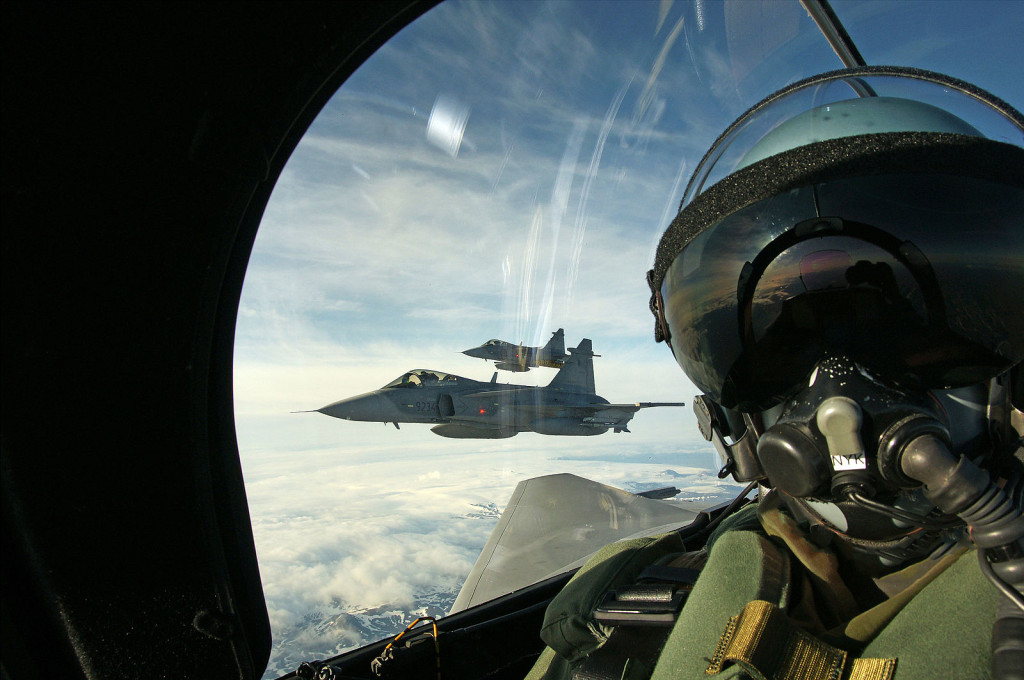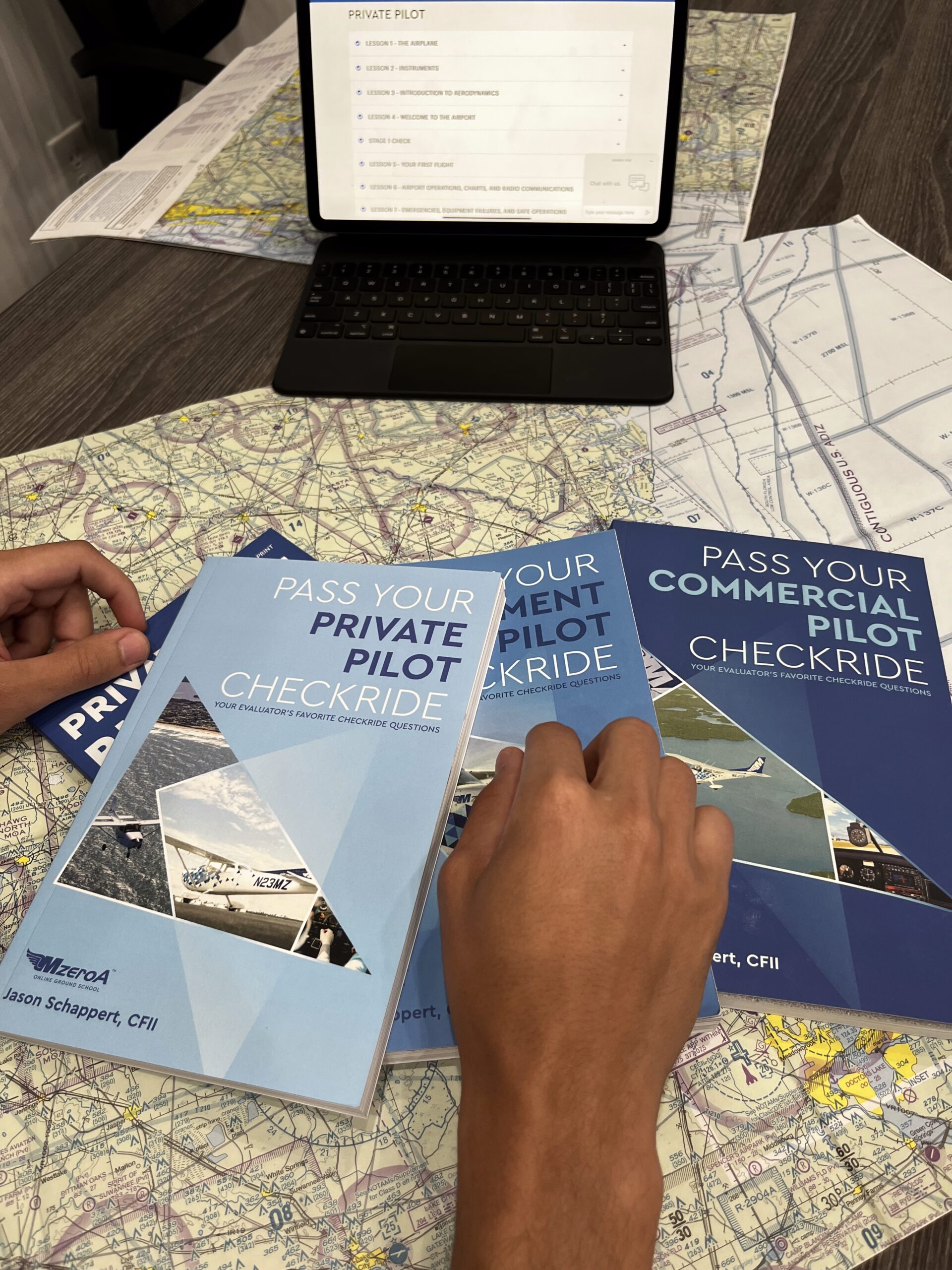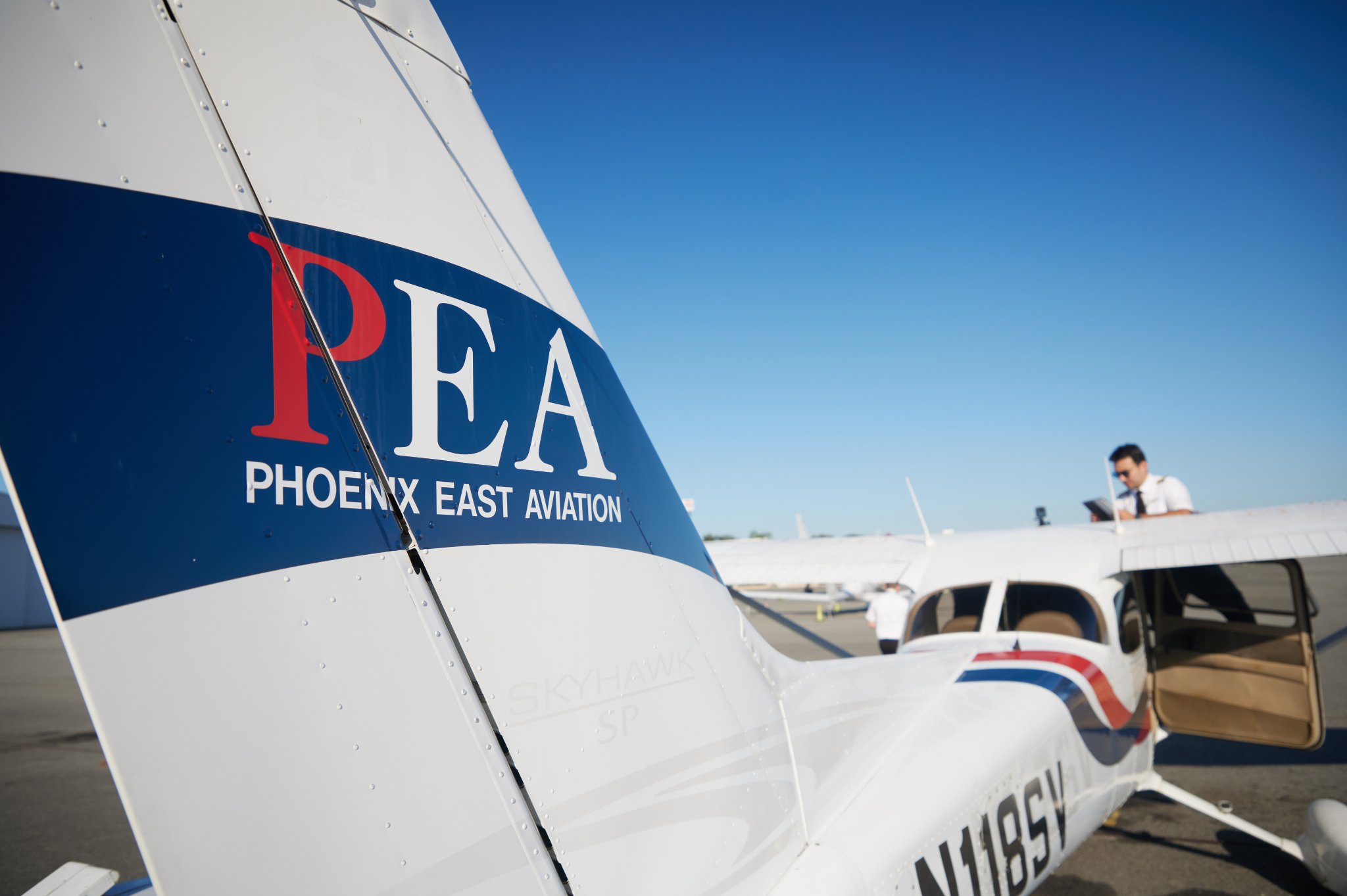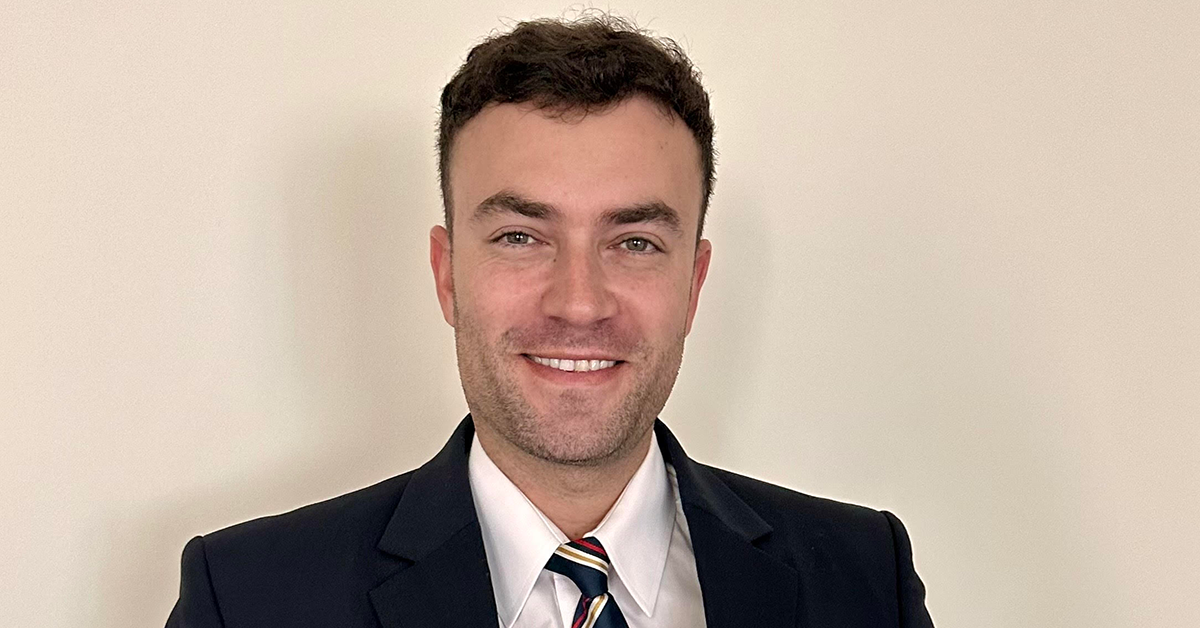Responsible Social Media for Pilots: Do’s and Don’ts
Social media can be a great networking tool for pilots. It’s a great way to connect with other pilots, build industry contacts and it’s a quick and easy way to keep up with the latest happenings at your favorite aviation companies. But it can also ruin your career. And using social media inappropriately can prevent you from getting hired in the first place.

It’s not secret that hiring managers use social media to screen applicants. If you’re qualified, and the job comes down to you and two or three other people, social media can make or break your chances of getting the job. If the hiring manager visits your Facebook page and finds picture after picture of you partying with your friends and posts bashing your current employer, they’ll likely toss your application out the window. If you want to secure a job as a pilot, keep these social media “dos and don’ts” in mind.
DON’T:
Post photos of yourself doing illegal things. Facebook profiles can tell you a lot about a person. Drinking alcohol with your friends might be fun, but if you’re under 21 (or if it’s just illegal where you live) then you are giving future employers the idea that you don’t care about rules. And your decision to post photos on the internet after a party tells hiring managers that you lack discretion. An employer needs to be able trust you with an airplane worth hundreds of thousands or millions of dollars, along with company information. Photos that display a lack of responsibility and lack of discretion will automatically raise a red flag.
Post photos of yourself doing questionable things at work. Remember this story about the “pilots of Instagram”, in which the author reports that all of those harmless photos of sunsets taken by pilots around the world are actually being taken illegally? Before you post photos from work, remember that someone is always watching. Even if what you’re doing is harmless, those who don’t understand your job might perceive it differently.
Trash-talk airlines/airports. The aviation industry is an incredibly small one. Talking badly about airlines or people in the aviation industry in a public space will almost certainly turn out bad for you. If you had a terrible experience with an aviation business or a person in aviation, take it up directly with them, and refrain from venting your problems on social media channels.
Bash your current school or employer. One of the biggest red flags for hiring managers is a prospective employee that openly complains about his or her employer or school. If you are publicly bashing your current or past employer, what will stop you from making waves in a new company if they were to hire you?
Use expletives or profanity, or spread negativity. Keep it professional, especially if you’re going to be looking for a job in the near future. Constant negativity tells a future employer that you’ll just bring negativity to the job, which nobody wants.
Include your location or other sensitive information. Discretion is important in aviation, and if you don’t protect yourself and your own personal information, like where you live or where you currently are, an employer might question your ability to keep company issues private. And for your own sake, make sure you protect your private information.
Post anything that you don’t want the whole world to see. Once you post something online, it’s there for the world to see, even if your profile is set to private. All it takes is one friend to, say, become offended and share your photo with others. And particularly offensive photos often go viral, right? You can’t count on deleting things that you regret – by the time you delete it, it could already be circulating to the masses.
Forget about spelling and grammar! Bad spelling and/or grammar reflects your intelligence level, and a future employer won’t be impressed if you constantly misspell things, or if you post only in text message abbreviations. Take the time to spell check.
DO:
Post photos responsibly. Everyone loves good photos. Just make sure you’re not posting photos of anything illegal or questionable. Airplane photos are good. Drinking a beer in the pilot seat at 20,000 feet, not so much.
Use privacy settings. Protect your personal information by using the privacy settings. But don’t think that your private profile is actually private.
Promote aviation and flying in a positive way. It’s good to be enthusiastic about flying, and future employers will look favorably on you for promoting aviation in a positive way.
Use social media to network professionally and promote yourself. It’s absolutely okay and encouraged to use social media to connect with others in the industry and to promote yourself and your professional accomplishments. If you do it in a professional and positive manner, you’ll benefit from social media in the way that it’s meant to be used.
Social media outlets like Facebook, Twitter and LinkedIn are great for networking, expanding your own knowledge and sharing your aviation experiences with others. Make sure it’s a positive influence in your life by protect yourself and your future aviation career. Keeping your profiles professional, private and positive will ensure that future employers will see you in the same way.




